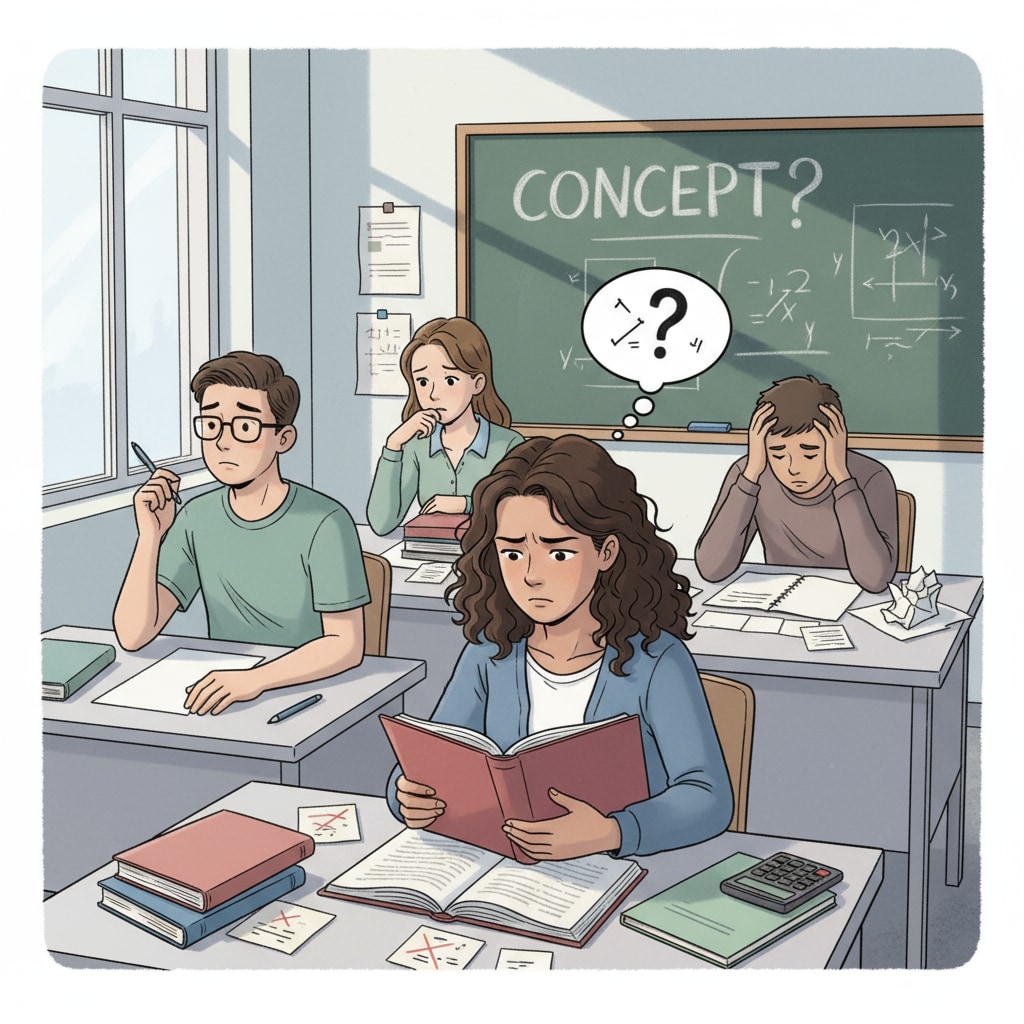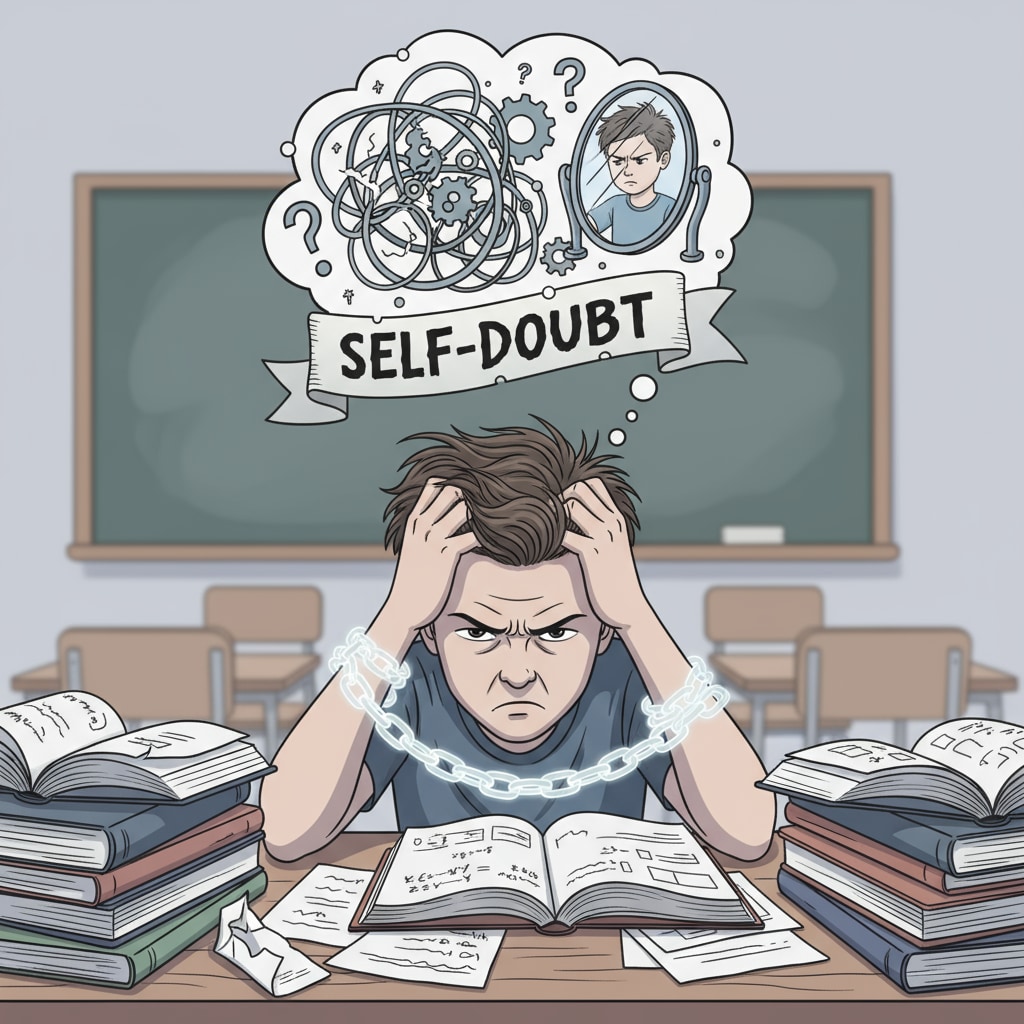In the realm of K12 education, intellectual disabilities, self-doubt, and learning abilities often intertwine, creating a complex web of challenges for students. Many students find themselves grappling with self-doubt about their intellectual capabilities, which can significantly impact their learning journey. This article aims to shed light on this issue, exploring its causes, effects, and potential solutions.

The Prevalence of Self-Doubt in K12 Education
Self-doubt among K12 students is more common than one might think. As students progress through their educational journey, they encounter various academic challenges. For example, difficult subjects like advanced mathematics or complex literature can make them question their intelligence. According to American Psychological Association research on children’s mental health, a significant number of students experience moments of self-doubt regarding their learning abilities. This self-doubt can stem from multiple factors.
Root Causes of Self-Doubt
One of the primary causes is the pressure to perform. In today’s competitive educational environment, students are constantly measured by grades and test scores. Parents and teachers may inadvertently contribute to this pressure. Additionally, peer comparison plays a role. When students see their peers excelling, they may start to doubt their own capabilities. Another factor is a lack of proper support. If students struggle with a concept and don’t receive timely help, it can lead to self-doubt. As a result, they may believe they have an intellectual disability when, in fact, they just need the right guidance.

The consequences of self-doubt are far-reaching. It can lead to decreased motivation, as students may feel that no matter how hard they try, they won’t succeed. This, in turn, affects their academic performance. They may also develop anxiety and other mental health issues. However, there are ways to address this.
Strategies for Educators
- Provide individualized support. Understand each student’s learning style and needs, and offer tailored assistance.
- Use positive reinforcement. Acknowledge students’ efforts and achievements, no matter how small.
- Create a supportive classroom environment where students feel safe to make mistakes and learn from them.
Strategies for Parents
- Encourage a growth mindset at home. Teach children that intelligence can be developed through hard work.
- Limit pressure and focus on the learning process rather than just the outcome.
- Communicate regularly with teachers to stay informed about their child’s progress and any concerns.
In conclusion, intellectual disabilities, self-doubt, and learning abilities are important aspects to consider in K12 education. By understanding the causes of self-doubt and implementing appropriate strategies, educators and parents can help students overcome this hurdle and unlock their true learning potential. As Britannica’s education resources emphasize, a supportive environment is crucial for students’ growth and development.
Readability guidance: This article uses short paragraphs and lists to summarize key points. Each H2 section provides a list of relevant strategies. The proportion of passive voice and long sentences is controlled, and transitional words are evenly distributed throughout the text to enhance readability.


